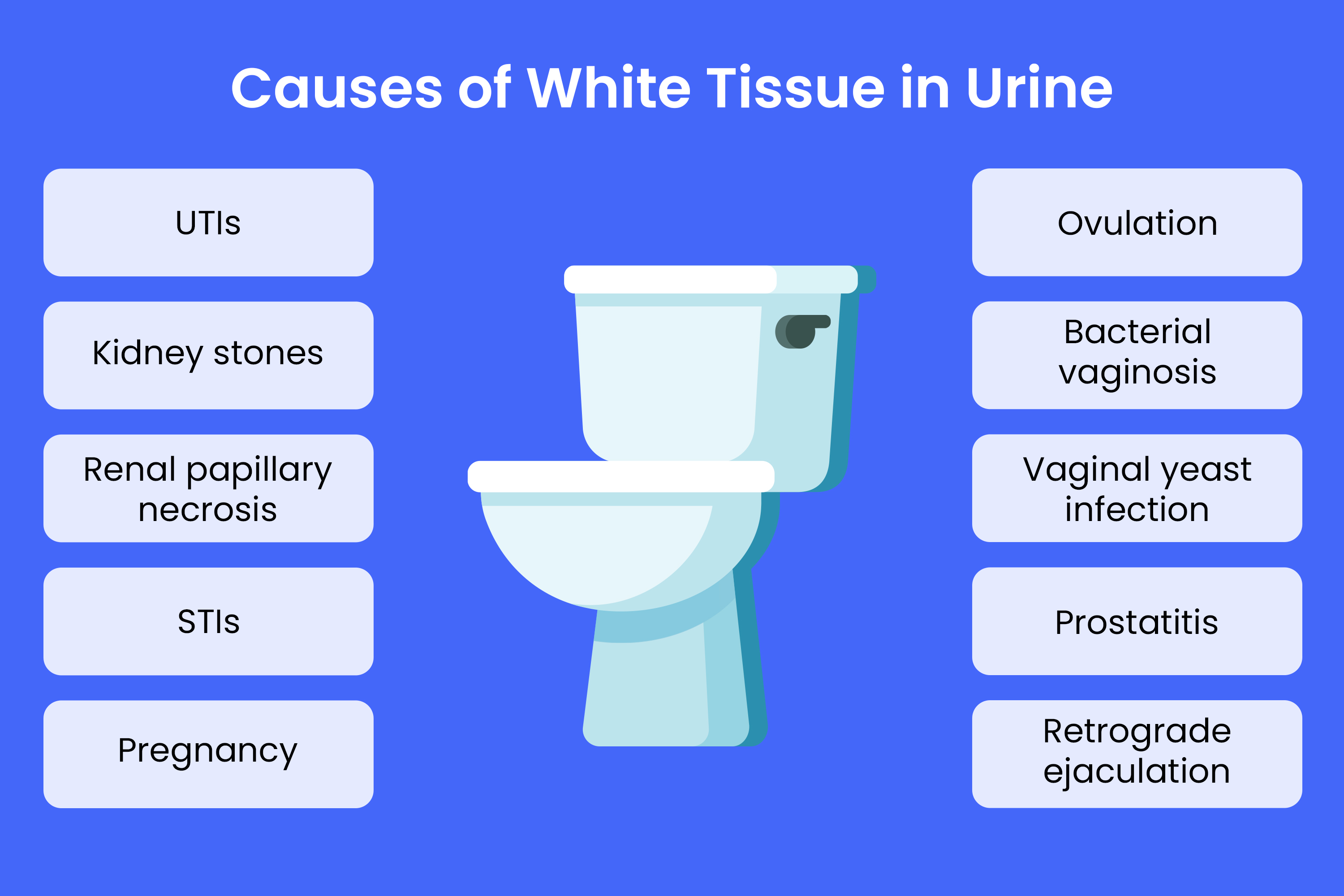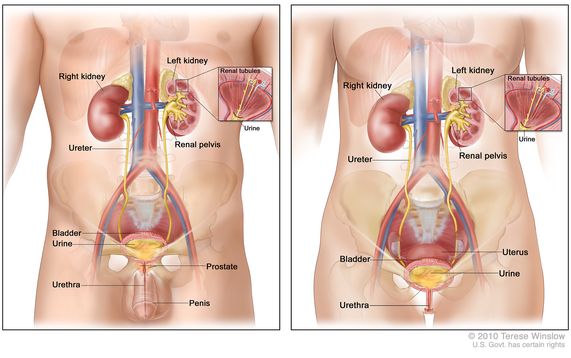Navigating the Symptoms of Kidney Stones vs UTI: A Thorough Comparison
Checking Out the Symptoms and Causes of Kidney Stones in Comparison to Urinary System Tract Infections: An In-depth Guide
The exploration of kidney rocks and urinary tract infections (UTIs) discloses a complex interplay of signs and symptoms and underlying causes that call for mindful evaluation. While both problems can lead to hematuria, they provide distinctive clinical functions and emerge from different etiological elements. Recognizing the subtleties of each condition is vital for effective diagnosis and administration. What are the crucial differences in their signs, and exactly how might these educate therapy strategies? The solution to these inquiries might offer crucial understandings right into the avoidance and care of these typical urological problems.
Introduction of Kidney Stones
Kidney rocks, likewise recognized as kidney calculi, type when specific compounds in the urine crystallize and aggregate, causing the advancement of difficult deposits within the kidneys. These stones can vary in dimension, varying from a grain of sand to a golf round, and can be made up of different materials, the most common being calcium oxalate, uric acid, struvite, and cystine. The development of kidney rocks is affected by several factors, including nutritional behaviors, liquid intake, and genetic proneness.
Signs and symptoms of kidney rocks may include extreme discomfort in the back or side, blood in the pee, queasiness, and frequent peeing, especially as the stone moves via the urinary system tract. Diagnosis typically entails imaging research studies such as ultrasound or CT scans, together with urinalysis to identify the stone's make-up.
Treatment options differ based on the dimension and kind of rock, as well as the extent of signs (Kidney Stones vs UTI). Little rocks might pass naturally with raised liquid consumption, while larger rocks may call for medical interventions such as lithotripsy or medical removal. Recognizing the pathophysiology and risk variables connected with kidney stones is crucial for efficient avoidance and administration
Overview of Urinary System Tract Infections
Urinary system infections (UTIs) prevail microbial infections that impact any kind of part of the urinary system, consisting of the kidneys, ureters, bladder, and urethra. They predominantly take place when bacteria, usually from the intestinal system, enter the urinary system, causing swelling and infection. UTIs are categorized right into 2 primary kinds: difficult and uncomplicated. Straightforward UTIs typically happen in healthy and balanced individuals with typical urinary system systems, while complex UTIs might emerge in individuals with underlying problems, such as architectural abnormalities or jeopardized body immune systems.
The frequency of UTIs is notably higher in women than guys, mostly as a result of physiological distinctions, such as a shorter urethra. Risk elements include sex, particular contraceptive approaches, urinary system retention, and dehydration. The diagnosis of UTIs is generally confirmed through urine tests, which may reveal the presence of bacteria, white blood cells, or red blood cells.

Signs of Kidney Stones
The pain connected with kidney rocks can materialize in different ways, frequently leading individuals to look for clinical focus. One of the most common signs and symptoms is extreme pain, usually localized in the reduced back or side, which might radiate to the abdomen or groin. This discomfort, usually see this site called sharp or cramping, can happen all of a sudden and may fluctuate in strength.
In addition, people may experience hematuria, or blood in the pee, which can range from microscopic total up to noticeable discoloration. This symptom might be gone along with by modifications in urinary behaviors, such as enhanced frequency or urgency, as well as pain during urination. Nausea and throwing up are likewise prevalent, usually arising from the body's response to extreme pain.
Sometimes, people may experience fever and cools, particularly if a second infection establishes due to the obstruction brought on by the stones. Overall, the mix of serious pain, hematuria, modified urinary system patterns, and gastrointestinal symptoms can supply substantial understanding right into the existence of kidney stones, calling for prompt clinical examination and treatment. Recognizing these signs and symptoms is crucial for prompt medical diagnosis and efficient management of the condition.
Signs And Symptoms of Urinary System Tract Infections
Infections within the urinary system usually present a series of distinctive signs that can substantially influence every day life. One of the most usual symptoms include a persistent urge to urinate, frequently gone along with by you can try this out a burning feeling during urination, called dysuria. Individuals may also experience increased frequency of urination, generating percentages of urine each time.
Various other remarkable symptoms include over cast or fetid pee, which may suggest the existence of microorganisms or pus. In many cases, pee may appear red or pink as a result of the visibility of blood, a condition referred to as hematuria. In addition, people may experience pelvic discomfort or stress, which can better exacerbate the feeling of seriousness.
Systemic symptoms may additionally materialize, such as fever, chills, and exhaustion, particularly if the infection has risen to the kidneys. It is essential to identify these signs early, as neglected urinary system infections can bring about a lot more serious complications. Kidney Stones vs UTI. Motivate medical focus is encouraged when these signs are observed, permitting for proper diagnostic analysis and treatment to alleviate pain and avoid more health and wellness concerns
Sources Of Each Condition
Regularly, kidney stones and urinary system tract infections emerge from distinct yet occasionally overlapping causes that can influence individuals in different ways. Kidney stones commonly form as a result of metabolic elements, nutritional choices, and genetic proneness. Enhanced degrees of calcium, oxalate, or uric acid in the urine can result in rock formation. Dehydration, inadequate liquid intake, and high-sodium diet plans can aggravate these conditions, promoting formation within the urinary tract.

Comprehending these distinctive reasons is critical for avoidance and treatment. Kidney Stones vs UTI. While way of living alterations might minimize the danger of kidney rocks, proper health and punctual therapy of urinary system infections are essential for decreasing their reoccurrence and linked problems
Verdict
In recap, kidney stones and urinary system infections existing distinct signs and symptoms and underlying reasons. Kidney stones are characterized by extreme pain and metabolic elements, while urinary tract infections mostly entail Source microbial infections resulting in urinary urgency and pain. Although both conditions can lead to hematuria, their formation devices vary considerably. Comprehending these differences is vital for effective diagnosis and therapy, eventually boosting client results for those affected by either problem.
The exploration of kidney stones and urinary tract infections (UTIs) exposes a complicated interaction of signs and underlying causes that require cautious evaluation.Urinary system tract infections (UTIs) are typical bacterial infections that impact any kind of component of the urinary system, including the kidneys, ureters, bladder, and urethra.Regularly, kidney rocks and urinary system system infections develop from unique yet sometimes overlapping causes that can affect individuals differently.In summary, kidney rocks and urinary system infections existing distinctive symptoms and underlying causes. Kidney rocks are characterized by serious discomfort and metabolic aspects, while urinary system tract infections mainly involve bacterial infections leading to urinary system seriousness and discomfort.